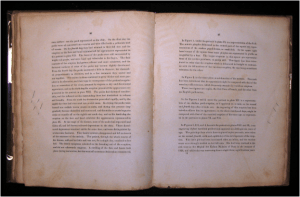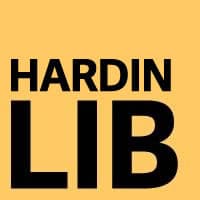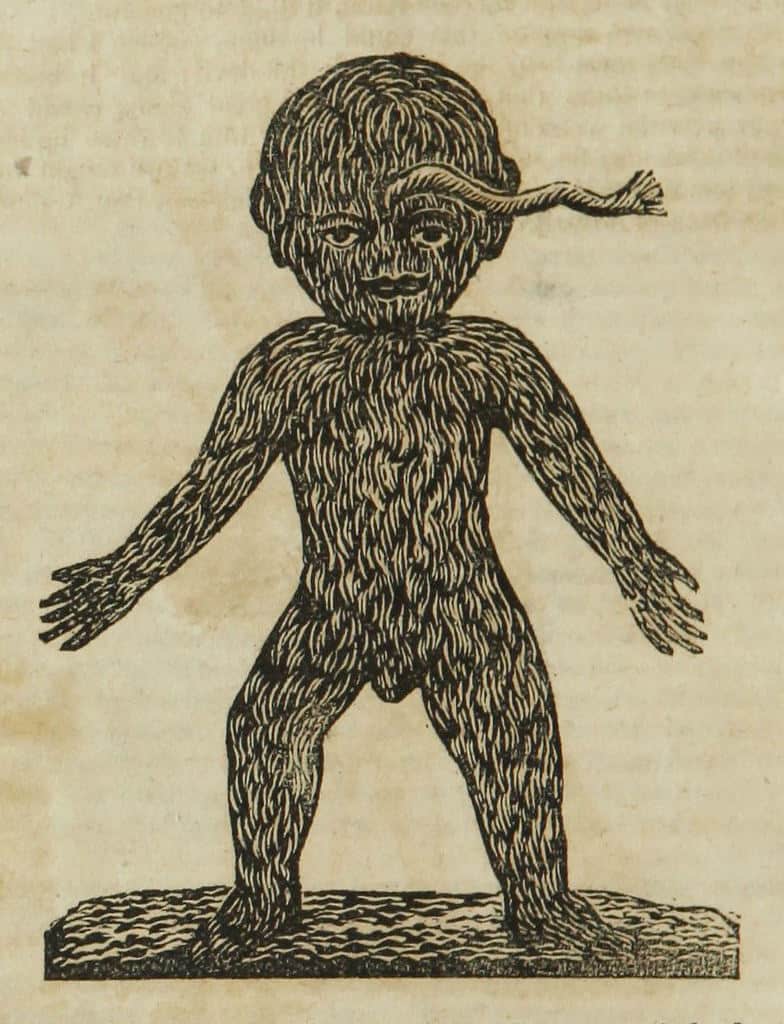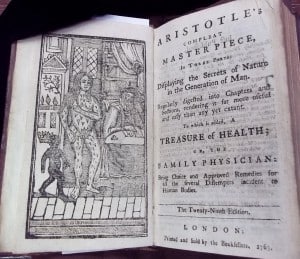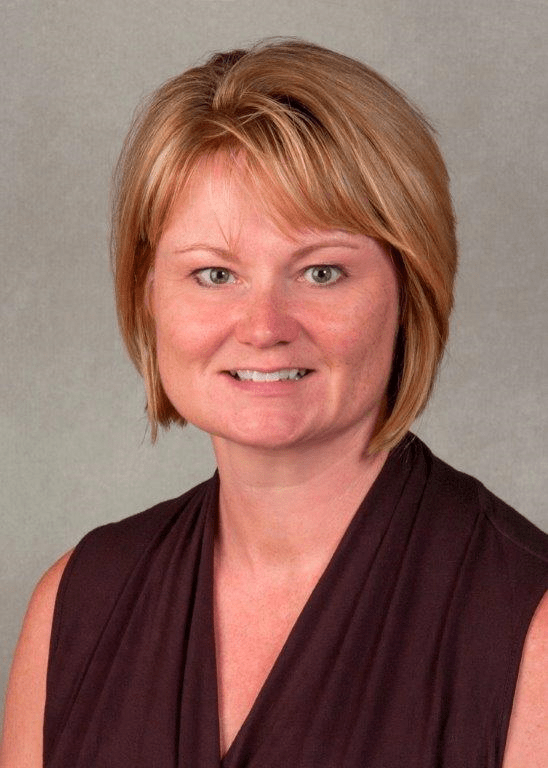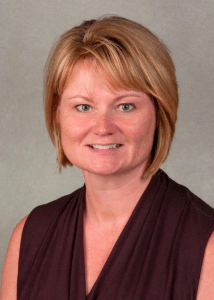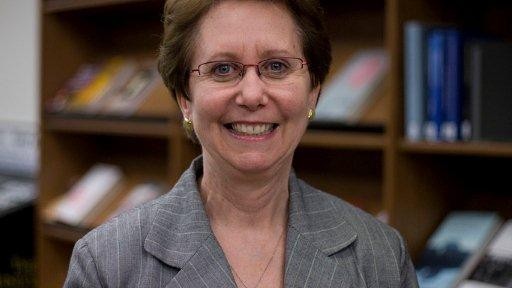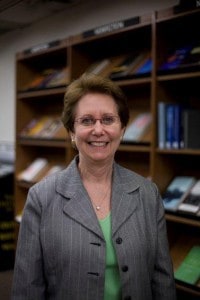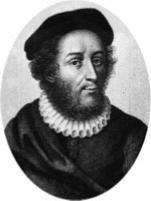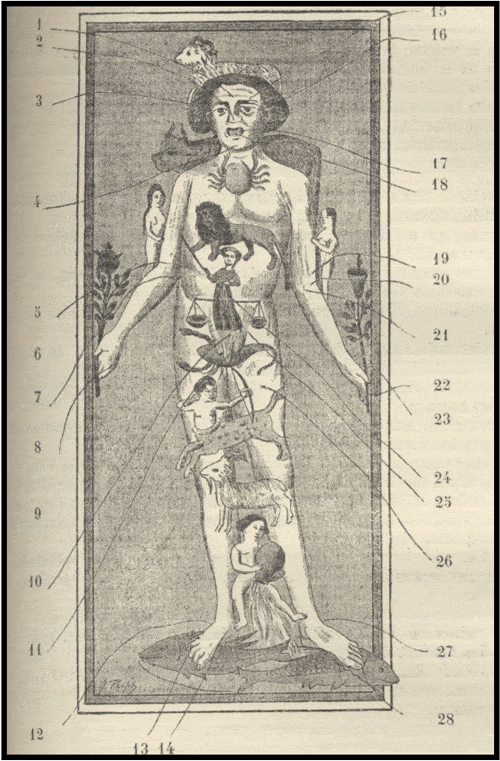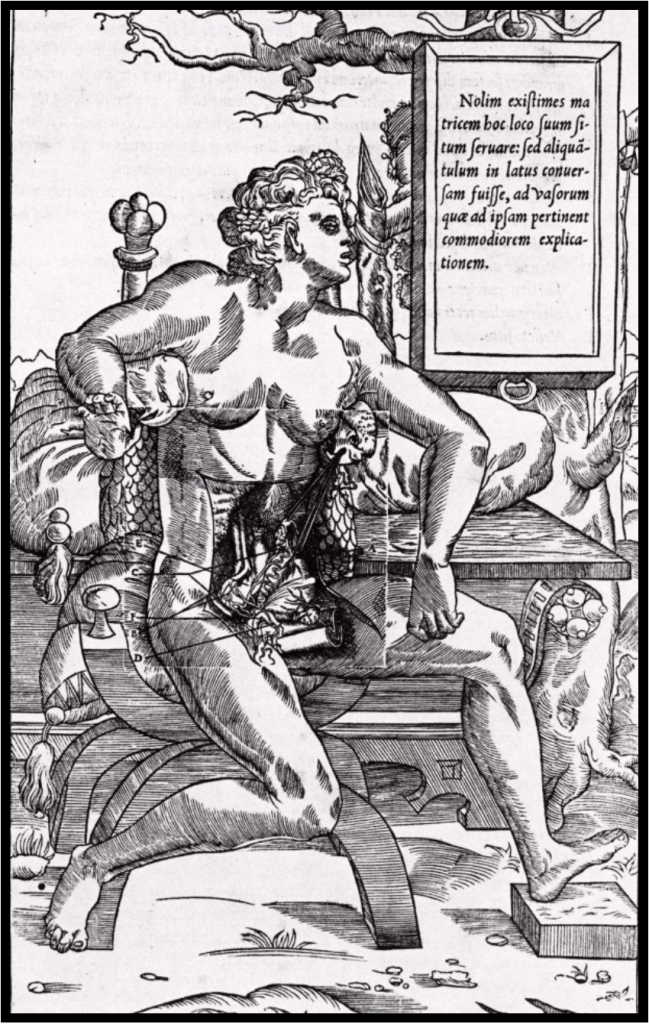Expectations Exceeded – My Experience With The Open Access Fund
Thanks for the chance to write about our experience with the open access (OA) fund here at Iowa. To introduce myself, my name is Matt Uhlman and I’m a 6th year Urology resident at the University. Over my time here, I’ve seen and learned a lot. Being at a large referral center, and in Urology no less, we see plenty of abnormal things and when we come across them, we often look to the mystical “literature” for guidance.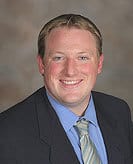
In a number of instances, I found that there wasn’t much written on the things I was seeing and since I find that writing about cases helps me process through them and cement concepts, there were a number of times I, along with colleagues, decided we wanted to write up a case we’d seen. There are very limited options for such papers (case reports), but what I found was OA journals had emerged as a place for them. For a long time, I’d written off such journals figuring they were just filled with the ramblings of people paying to publish stuff that wasn’t really worth my time. However, as I started to look around for case reports, I found they were a really helpful resource as they were effectively mini-review articles on rare things.
During my research year, I had written up a number of cases and when I came across the OA fund at the University, using it was a no brainer. The costs to publish weren’t prohibitive, but were unfortunately a tough sell to the department given the tight budgets we work within. After I learned about the fund, I talked with the librarians who work with it and was happy to learn how eager they were to help me get support. It didn’t feel like I was going to a tight fisted group who would find any reason to not support our efforts, but rather an ally who genuinely wanted to get behind us.
Since that time and with the knowledge of the OA fund, I’ve been able to utilize it another 4 or 5 times, publishing in a number of different journals. An interesting unintended, but positive, outcome from the OA fund has been the opportunity to help a number of medical students publish. Without dedicated research time, it can be tough to find time for long term research projects. Being able to help students write up a case report or short review article has been a great way to get them involved in researching a subject and then contributing to the overall body of medical literature, plus, it looks nice on their resume when they apply for residency!
Looking back over the last few years since I found out about, and started using the OA fund, it’s been a catalyst to being able to publish on the things I’m encountering on a daily basis in residency, not just the things that others deem “worthy”. Case and point, we recently published a paper on the safety of instillation of a chemotherapy compound in the bladder at the time of a specific surgery. We had submitted the paper to a number of journals and had basically been told, “This isn’t a common cancer, nor a common practice. Come back when you have a randomized trial”. For anyone familiar with research, randomized trials take a long time, a lot of coordination, a lot of money and early safety/efficacy data. We decided to go with a more well-known OA journal within Urology and ultimately had the paper accepted and published. After doing so, we started hearing from physicians at different institutions who were interested in starting a trial, now that someone had done the initial safety work. There’s a long way to go, but the first step was publishing our results and the OA fund made that much more attainable.
My experience with the fund at Iowa has been uniformly positive. To anyone thinking about utilizing the funds, I say go for it. It’s allowed me to write about the things I’m seeing, walk with students through the process of publishing and publish on topics that are timely, but don’t always fit into the limited scope of our standard journals. I don’t know if this sort of fund is available elsewhere, but I feel like it should be!
Selected Open Access Case Reports by Dr. Uhlman
http://www.ncbi.nlm.nih.gov/pubmed/25298901
http://www.ncbi.nlm.nih.gov/pubmed/26347846
http://www.ncbi.nlm.nih.gov/pubmed/23781387
